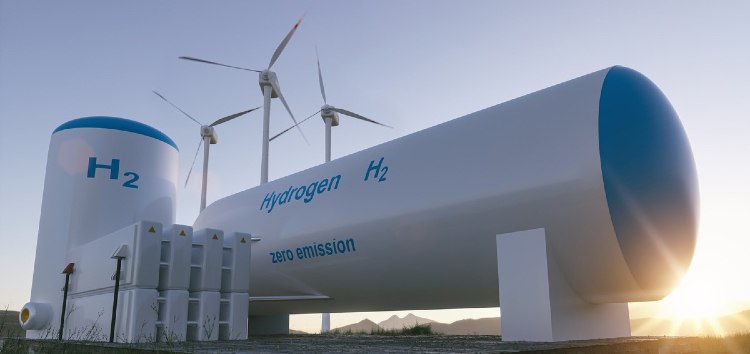EBRD to Support Pilot Project for Renewable Hydrogen in Uzbekistan
The European Bank for Reconstruction and Development (EBRD) will finance Central Asia's first renewable hydrogen production project in Uzbekistan. The project includes the installation of a 20 MW electrolyzer and constructing a new 52 MW wind farm. The EBRD is providing a $65 million (€58 million) financing package to ACWA Power UKS Green H2, which is developing, designing, constructing, and operating the facility. This company is jointly owned by ACWA Power and Uzkimyosanoat (UKS), a large state-owned chemical holding company. Financing includes a $55 million senior loan from the EBRD and $10 million in concessional financing from Canada through the High Impact Partnership on Climate Change Special Fund (HIPCA). The EBRD also plans to provide an equity bridge loan of up to $5.5 million (€4.9 million) and up to $5.5 million (€4.9 million) for the project. The project, supported by the Japan-EBRD Cooperation Fund, will help replace “grey” hydrogen, derived from natural gas and widely used in producing ammonia fertilizers in Uzbekistan, with renewable hydrogen. The latter is recognized as a critical alternative for decarbonizing the fertilizer sector. The facility is expected to make up to 3,000 tons of hydrogen annually, reducing annual CO2 emissions by 22,000 tons. The Bank also noted that Uzbekistan, the leading recipient of EBRD financing in Central Asia, has already received about €5 billion under 164 projects, most of which support private entrepreneurship. The Times of Central Asia has previously written that the Asian Development Bank (ADB) has announced the launch of a five-year partnership strategy with Uzbekistan from 2024 to 2028. The strategy will support Uzbekistan's reforms in promoting the country's transition to a green economy, supporting private sector development and competitiveness, and stimulating investment in economic capital.

